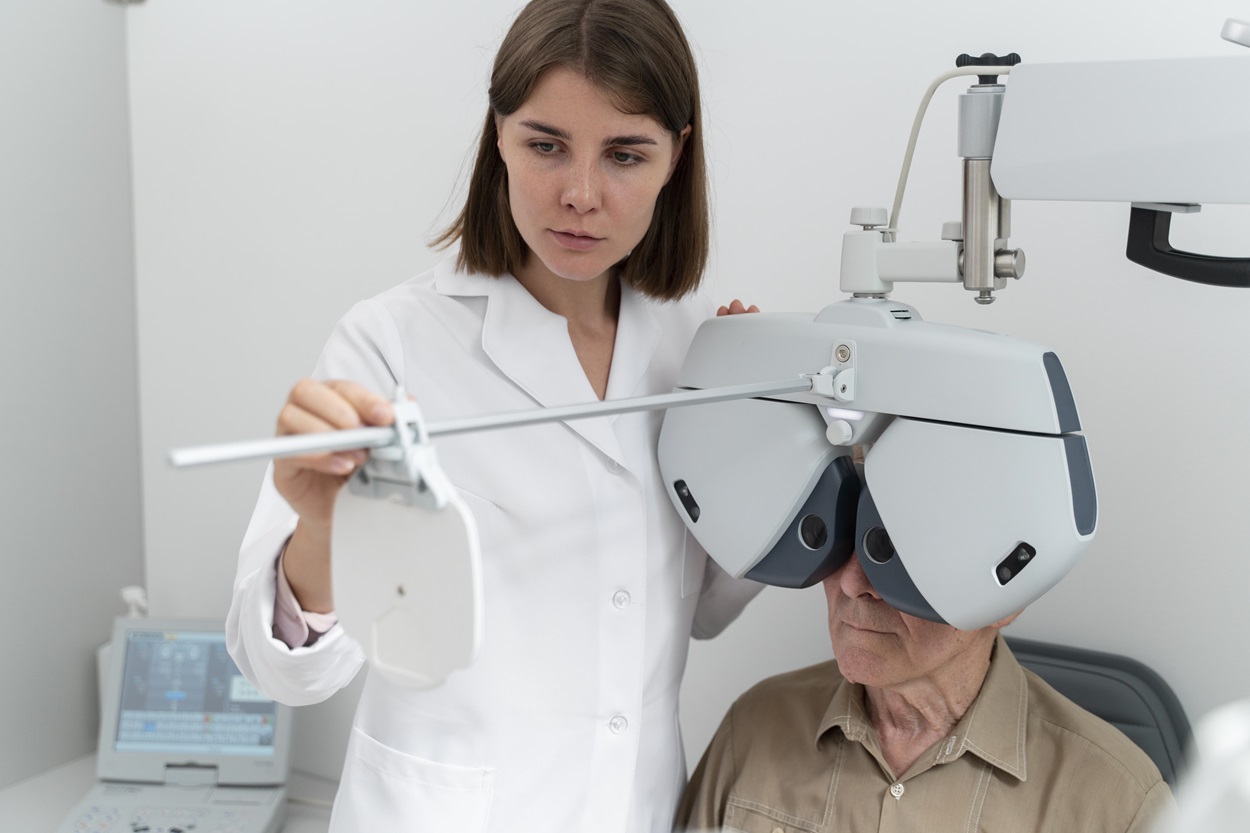Presbyopia is a common eye condition. It happens as we age. People often notice it around the age of 40. Reading small print becomes difficult. At first, you might just need to hold the book a little further away. Then, even at arm’s length, the words are blurry. A visit to the optometrist can confirm the diagnosis. Optometrists aren’t just there to prescribe glasses or scleral contact lenses Chicago. They play a crucial role in managing presbyopia. They help us keep our vision sharp as we navigate through our golden years.
The Role of Optometrists
Optometrists do more than just eye exams. They are trained to recognize the signs of eye conditions like presbyopia. They understand the changes in our eyes as we age. They know how to manage these changes. They guide us through the process of adjusting to presbyopia.
The Tools Optometrists Use
Glasses are a common solution for presbyopia. But they are not the only option. Optometrists can also prescribe contact lenses. Scleral contact lenses are a type of contact lens that can be used for presbyopia. They are larger and more rigid than regular contact lenses. They create a dome over the cornea, which can help correct vision problems caused by presbyopia.
Why Optometrists are Important
Without optometrists, many people with presbyopia would struggle to see clearly. They would have trouble reading, working, or doing daily tasks. Optometrists help people with presbyopia live normal, productive lives. They help us keep our independence as we age.
Conclusion
Presbyopia is a fact of life for many of us. But it doesn’t have to mean giving up our vision. With the help of an optometrist—and tools like glasses or scleral contact lenses—we can manage presbyopia. We can continue to live our lives to the fullest, with clear vision.

